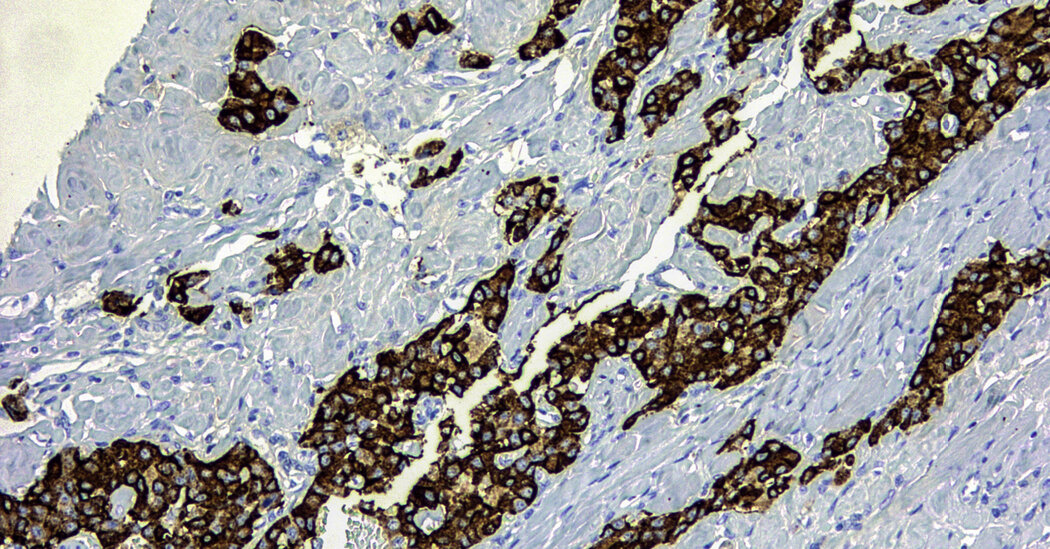A rise in the disease in younger people was not followed by an increase in deaths, a study found, and might be a sign of overdiagnosis.
One of the first warnings came in a paper published in 2021. There was an unexpected rise in pancreatic cancer among young people in the United States from 2000 to 2018. The illness can be untreatable by the time it is discovered, a death sentence.
With publication of that report, by Dr. Srinivas Gaddam, a gastroenterologist at Cedars-Sinai Medical Center, researchers began searching for reasons. Could the increase be caused by obesity? Ultraprocessed foods? Was it toxins in the environment?
Alternatively, a new study published on Monday in The Annals of Internal Medicine suggests, the whole alarm could be misguided.
The authors of the paper, led by Dr. Vishal R. Patel a surgical resident at Brigham and Women’s Hospital in Boston, did not dispute the data showing a rising incidence. They report that from 2001 to 2019 the number of young people — ages 15 to 39 — diagnosed with pancreatic cancer soared. The rate of pancreatic surgeries more than doubled in women and men.
The problem is that the expected consequence of such a rise in cancers did not occur. With more pancreatic cancers in young people, there should be more pancreatic cancer deaths. And there were not. Nor were more young people getting diagnosed with later-stage cancers. Instead, the increase was confined to cancers that were in very early stages.
Many cancers will never cause harm if left alone, but with increasingly sensitive tools, doctors are finding more and more of them. Because there usually is no way to know if they are dangerous, doctors tend to treat them aggressively. But they would never have shown up in death statistics if they had not been found.
